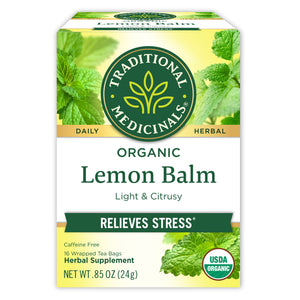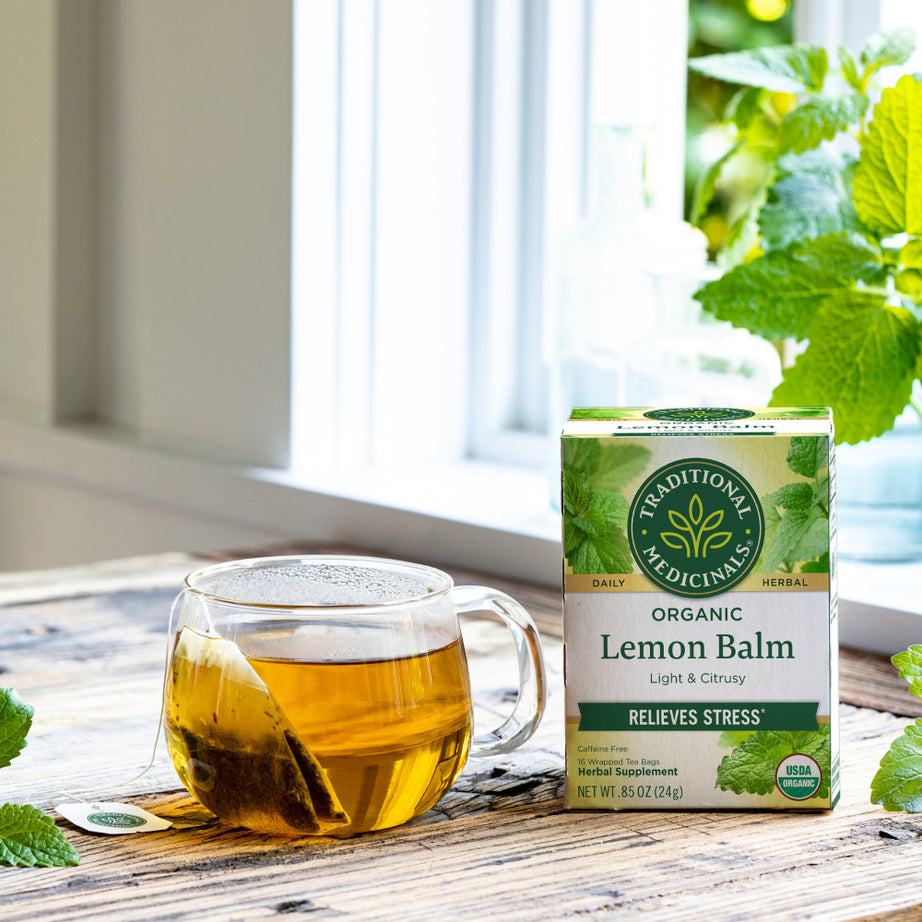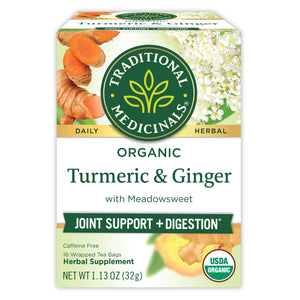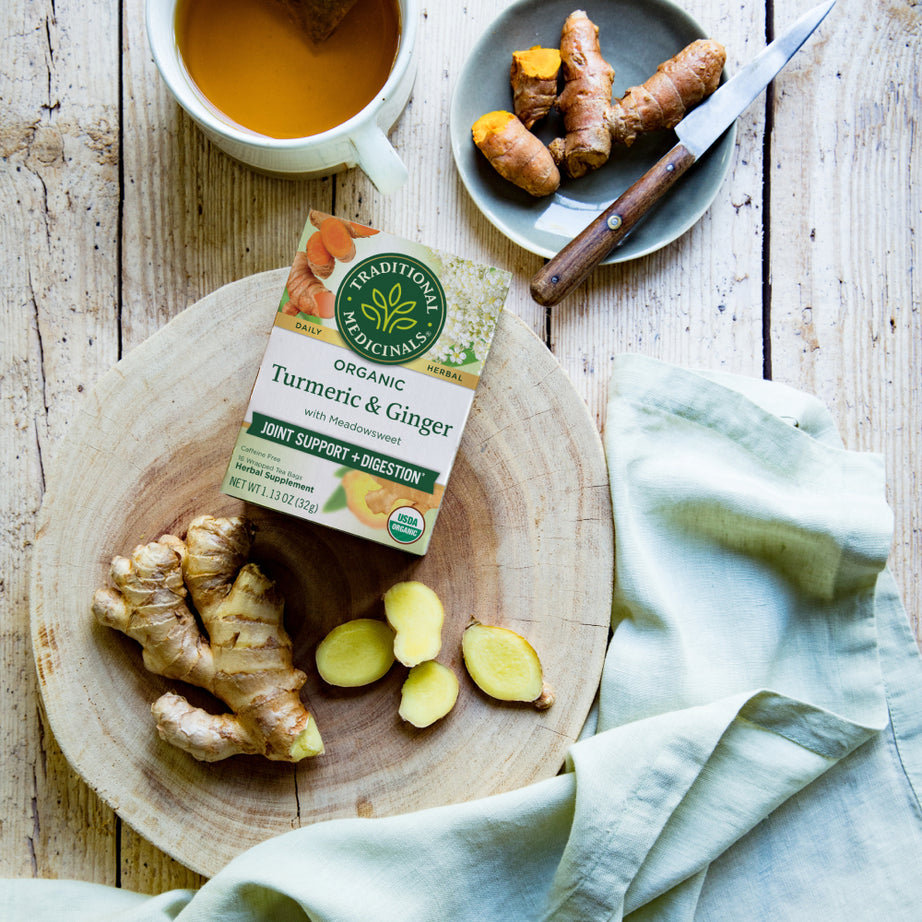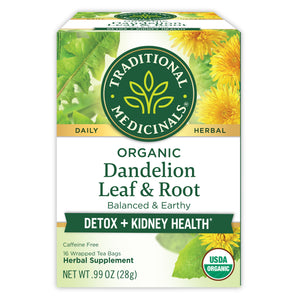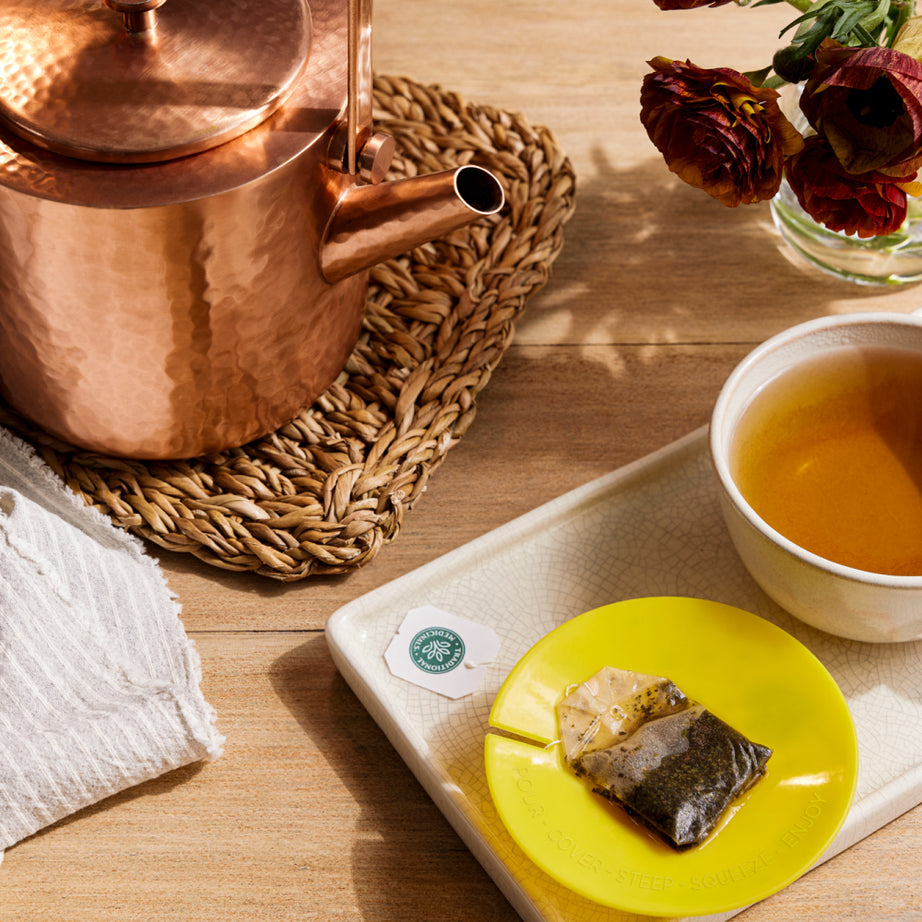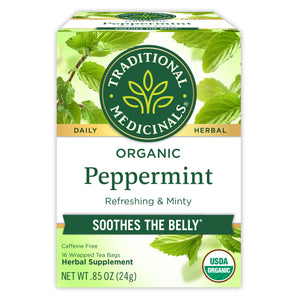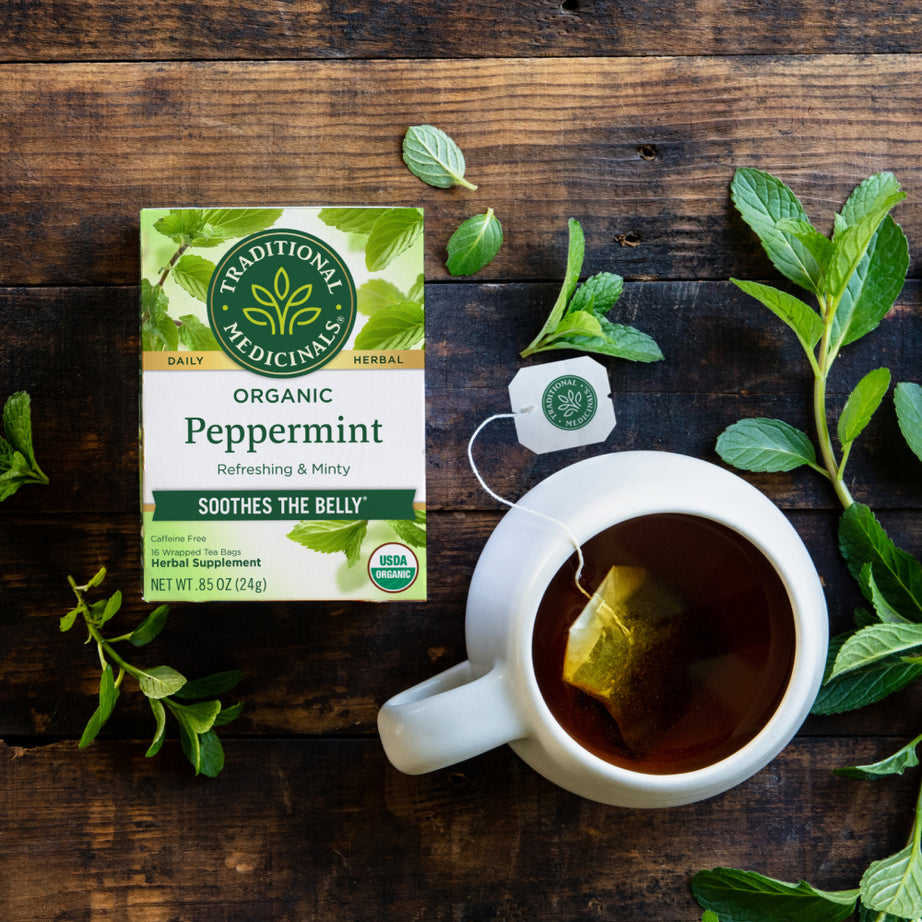Since its discovery, peppermint has spread throughout the world, arriving in North America with the early European colonists, and becoming an integral plant in American folk medicine. Today, modern herbalists use peppermint to soothe digestion.* Menthol, one of peppermint’s chief active compounds, works to soothe the muscle contractions of the digestive tract to help relieve gas and reduce bloating and occasional indigestion,* and it also contributes to taste. This is why peppermint has achieved such widespread acclaim as an after-dinner digestive and palate-cleanser, whether in liqueur, candies, or as an herbal tea. But achieving the right amount of menthol is key to achieving real digestive relief and taste in our tea, which is why the plant’s growing conditions are so important.
We source a majority of our tea from Trout Lake Farm, where the rainforests of Western Washington meet the dry deserts of Eastern Washington, offering the perfect balance of rain and sun. Trout Lake’s proximity to Mt. Adams endows the farm with a rich, loamy soil perfect for growing peppermint. These factors, plus their rigorous organic farming practices, help ensure us a consistent quality, year after year. By partnering with these savvy farmers since the 1970s, we have worked to pioneer the use of medicinal grade standards in the United States. In the case of our peppermint tea, it means that our plants must attain 2% essential oils to be considered herbal medicine—more than twice as much as what is required in the European Pharmacopoeia—and it’s also what makes our Peppermint Tea taste so incredibly minty. Very few other tea companies and farmers go to such lengths to ensure this kind of quality.
So the next time you reach for any old box of peppermint tea, remember that it takes a special herbal tea to do what it should, let alone taste as minty and fresh as ours. And once you make our peppermint your herbal ally, you won’t have to fear digestive discomfort ever again.



